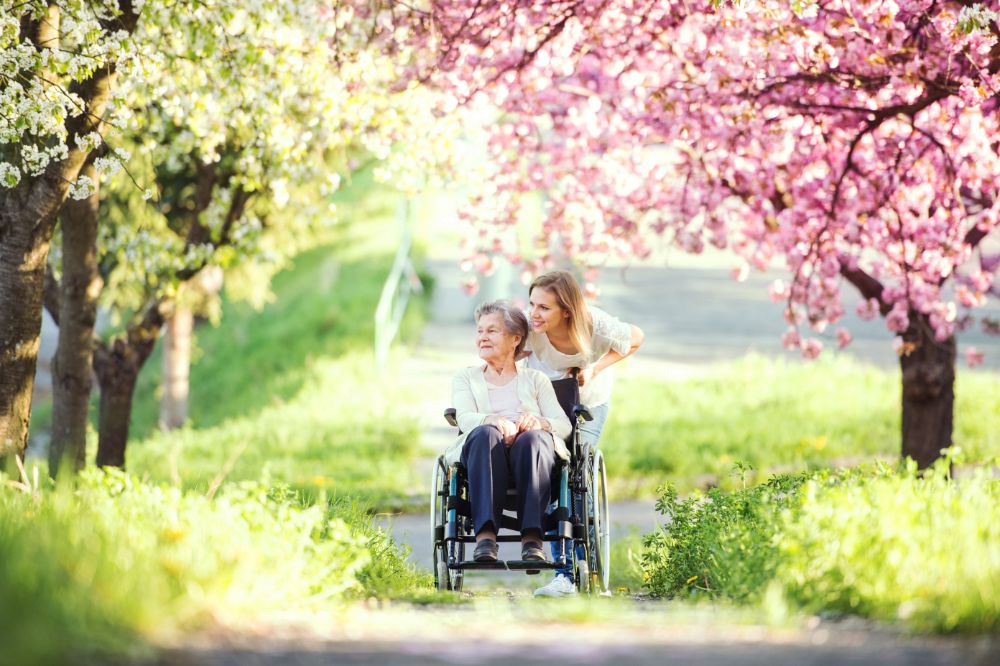Even though we all know that as we get older, we will eventually need additional help in our lives, there is a struggle in determining when that shift from functioning alone and on your own to needing assistance happens. It’s not as though there is a clock or a specific age to tell you that you or your loved one can no longer be alone and require some help. Some people in their late eighties can still wield a chainsaw and cut down a tree, while others at 65 struggle to remember where they are and how to use a knife. This article will outline what to do if you see changes in your aging loved one and how to proceed with your concerns.
Take Notes: If you notice odd or unusual behavior from your loved one, it can be a good idea to make notes about it, like in a journal with dates and detailed descriptions of the behavior you’ve witnessed. This way, you can look back and see if it’s rare occasions that they do something a little strange or if a pattern has begun to emerge that may need some further investigation.
Open Communication: It is essential to involve siblings and your elder’s medical and legal power of attorney representatives in the state of your loved one. Keeping communication lines open between all these parties is important so that everyone is on the same page. If there are other siblings, it could also be a good idea to suggest that they take notes so that all the notes can be compared and help make more informed decisions.
Direct but Loving Conversation: If a pattern has emerged and the habits of your loved one are becoming a concern for you and the rest of your family, the next step is to have a direct but loving conversation with your elder. Talking with them means you need to think about what you and your family wish to accomplish with this talk and appoint someone to lead the conversation. This discussion should focus on using open-ended questions, being empathetic, and not ambushing your loved one.
Flexible Next Steps: Sometimes, it’s alright to have multiple conversations with your loved one over an extended period; it can be beneficial in providing time to acquire resources to help care for your elder. Or there is the option of determining if the struggles your loved one is facing can be rectified (such as installing support bars to prevent falls) or if there is a need for heavier care.
These steps can help you assess the shifting needs of your loved ones and how to address them. If you need further assistance in determining the help, your loved one may need, call us today at (705)-725-1600 for a free consultation.

